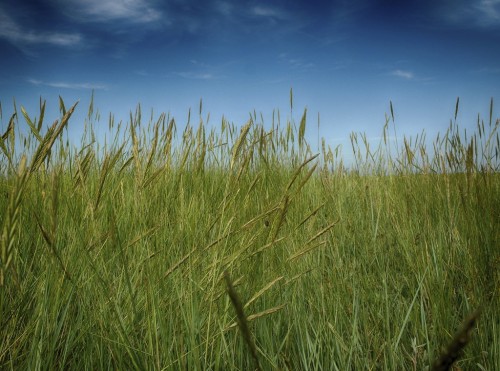
by Daniel Doen Silberberg | Jul 22, 2013 | Uncategorized, Zen
The subject of Lost Coin’s yearly gathering and practice/retreat is “Parting the Autumn Grasses.” To understand these grasses is a wonderful practice. What are these grasses? They are delusion, they are obstructions, the barriers that prevent us from seeing what is real. Like a person sitting on the ground in a field of high grasses our view is blocked in all directions. As the old saying goes we cannot see past our own noses.”
This is a very good saying as it points to the core from which our delusions spring. We are imprisoned by our limited idea of who we are. The urgency of our work, our relationships, our likes and dislikes – our personal life is all we can see. Sometimes it is wonderful and at other times it is not. We become like a rich person who had an incredibly valuable coin, one worth a fortune, but we have misplaced it or just forgotten it. We begin to act like beggars when we are in fact wealthy beyond measure.
So who are we really? Look around – all we see is the true self, the parted grasses. The one being that is the cosmos and everything that was and will ever be. We are the flesh of its flesh, the stone of it stone. We are closer to that “unibeing” than to our own blood. The moment we part the grasses of our concepts we return to the ground of our own mind, to the lost coin and “it” is revealed. It stands before us as it always has. The grasses themselves become sages and everyday life emits the ancient light.
This is the practice of parting the grasses.

by Daniel Doen Silberberg | Jul 8, 2013 | Uncategorized, Zen
This dewdrop world
is but a dewdrop world
and yet…
Issa
This post is for Eyowyn and all of us

by Daniel Doen Silberberg | Jun 18, 2013 | Uncategorized, Zen
The way is perfect like vast space
where nothing is lacking and nothing is in excess.
Indeed, it is due to our choosing to accept or reject
that we do not see the true nature of things
When acceptance and rejection are both absent
everything become clear and undisguised
Verses on Faith in Mind
Seng Ts’an 606 CE
Seng Ts’an instruction is clear and direct but without the suspension of thought, you won’t see it.
This inner silence is not being for or against. It reveals the truth of Joshu’s tree, Gutei’s finger, Sakyamuni’s flower.
A popular contemporary phrase I often hear is “It is what it is“. This is a wonderful phrase. I would agree – it is what it is. Now I ask you – what is it?
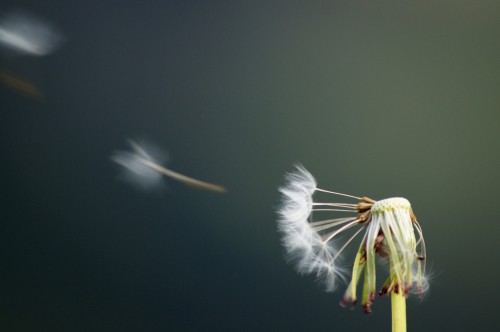
by Daniel Doen Silberberg | Jun 3, 2013 | Uncategorized, Zen
The self confidence of the warrior is not the self-confidence of the average man. The average man seeks certainty in the eyes of the onlooker and calls that self-confidence. The warrior seeks impeccability and calls that humbleness in his own eyes. The average man is hooked to his fellow man, while the warrior is hooked to infinity.
Carlos Castenada
This beautiful statement can be looked at as truly taking refuge in the way. Infinity presents itself to the warrior in the unknowable immeasurable reality of her life.
As she travels her way she is accountable to no one but her true self. This way is beyond spirituality or logic.
The warrior hones the whetstone of her spirit.
The wind of the way drives her home for no reason at all.

by Daniel Doen Silberberg | May 17, 2013 | Uncategorized, Zen

The koan asks you to pick something up without moving your hands.
The teacher shows you how its done but he moves his hands.
You point out that he is moving his hands.
He says, “moving your hands is a concept’. Words that describe this underlying reality.”
He moves his hands again.
by Daniel Doen Silberberg | Apr 23, 2013 | Uncategorized, Zen
If you are looking for a place to rest,
Cold Mountain is a good place to stay.
The breeze flowing through the dark pines
Sounds better the closer you come.
And under the trees a white-haired man
Mumbles over his Taoist texts.
Ten years now he hasn’t gone home;
He has even forgotten the road he came by.
High on the mountain’s peak
Infinity in all directions!
The solitary moon looks down
From its midnight loft
Admires its reflection in the icy pond.
Shivering, I serenade the moon.
I climb the road to Cold Mountain,
The road to Cold Mountain that never ends.
The valleys are long and strewn with stones;
The streams broad and filled with thick grass.
Moss is slippery though no rain has fallen;
Pines sigh but it isn’t the wind.
Who can break from the snares of the world
And sit with me among the white clouds?
Han Shan The Cold Mountain Poems
In the bustling world happiness is hard to come by – such strong stimulation is needed.
In the quiet world a leaf falling, a shadowy street, a word from a friend – fills us to the brim.
The name “Han Shan” means Cold Mountain. The “rocks and bark” poet and mountain are one.
The same is true for us.
Who can break the snares of the world and the past and sit among the white clouds?
Lets go now.
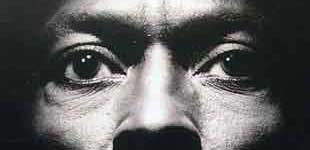
by Daniel Doen Silberberg | Apr 7, 2013 | Uncategorized, Zen
The Pointer: This interviewer is clearly a deaf man talking. How could he possibly play music?
The Koan:
An interviewer talking to Miles Davis referred to the music Miles played as Jazz.
Miles said, “Don’t call it Jazz that makes you think of black people, it makes it a stereotype – just call it music.”
The interviewer who was a fine musician himself said “When I think of Jazz I don’t think of black people, I think of New York in the sunset, the light on the East river.”
Miles smiled and said “Well in that case you could play in our band.”
So tell me – Who is it that can play in the band?
How can you play this music in your life?
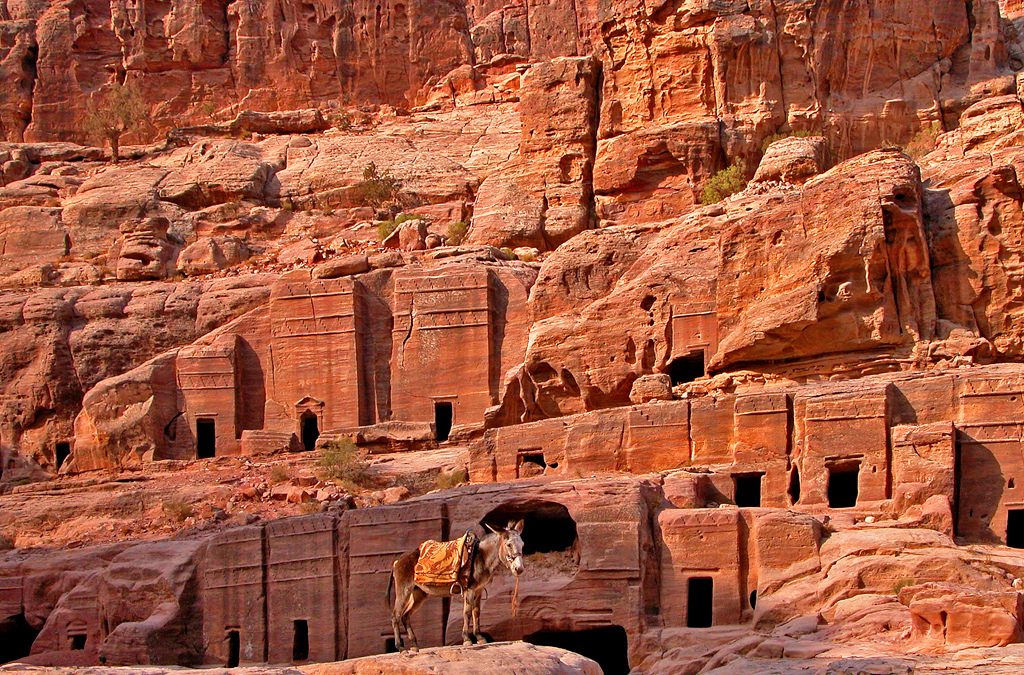
by Daniel Doen Silberberg | Mar 24, 2013 | Uncategorized, Zen
This is my simple religion. There is no need for temples; no need for complicated philosophy. Our own brain, our own heart is our temple; the philosophy is kindness.
Tenzin Gyatso, the 14th Dalai Lama
In our practice we learn to appreciate the distinguishing marks of the Dharma. They are sometimes formulated as non-duality, transience and no self.
In one short phrase the Dalai Lama includes and transcends these marks. With his own “grandmotherly kindness’ he puts the Dharma seal on the table where anyone can see it.
The marks of the Dharma are the marks of practice. The Dalai Lama’s mark is the mark of the practitioner For our benefit the Dalai Lama expresses the long and ancient tongue of the Dharma which knows nothing like Zen or Buddhism. It includes the truth of all beings, religions and spiritual paths.
Please read the quote again.
We should practice this from head to foot.
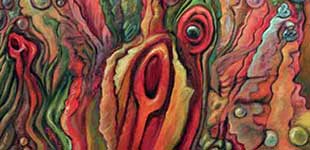
by Daniel Doen Silberberg | Mar 10, 2013 | Uncategorized, Zen
The force that through the green fuse drives the flower
Drives my green age; that blasts the roots of trees
Is my destroyer.
And I am dumb to tell the crooked rose
My youth is bent by the same wintry fever.
The force that drives the water through the rocks
Drives my red blood; that dries the mouthing streams
Turns mine to wax.
And I am dumb to mouth unto my veins
How at the mountain spring the same mouth sucks.
The hand that whirls the water in the pool
Stirs the quicksand; that ropes the blowing wind
Hauls my shroud sail.
And I am dumb to tell the hanging man
How of my clay is made the hangman’s lime.
The lips of time leech to the fountain head;
Love drips and gathers, but the fallen blood
Shall calm her sores.
And I am dumb to tell a weather’s wind
How time has ticked a heaven round the stars.
And I am dumb to tell the lover’s tomb
How at my sheet goes the same crooked worm.
Dylan Thomas
We are one with this force whether we know it or not.
From one point of view we can say we practice in order to appreciate and manifest our identity with this force and yet it is more accurate to say that we practice because we are this force.
The force that grows the flower, that is our destroyer, is the eternal Tao.
The Tao’s ally, the crooked rose, gladly ties our tongues – to drive our sight.
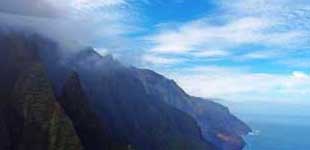
by Daniel Doen Silberberg | Feb 24, 2013 | Uncategorized, Zen
This week from March 1st through the 4rth we will be engaged in the retreat/intensive “Like a Dragon Returning to the Sky, Like a Tiger Returning to the Mountain.”
I think we can all find the desire to return in ourselves. The desire to return evokes images of rest, peace and perhaps, above all, a sense of self acceptance and belonging. We sometimes refer to this longing to return home as the practice of returning to the “true self.”
Another way we can frame this intensive’s theme is as escape rather than return: while our map of home may be vague and remote, our feelings of being stranded may be close. Our discomfort can be a reliable guide even if all it’s telling us is to get out of town.
We will be practicing our methods of escape together this week – sitting, silence, oral teaching. The Lost Coin Clan is getting out of town, heading home.
Join us.









Recent Comments